Life
Sign up for our newsletter
We summarize the week's scientific breakthroughs every Thursday.
-
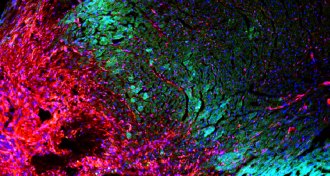 Life
LifeMice lack stem cells in the heart needed for self-repair
Adult mice hearts have no stem cells, a study finds. The same may be true for people, and that’s not welcome news for those who’ve had a heart attack.
-
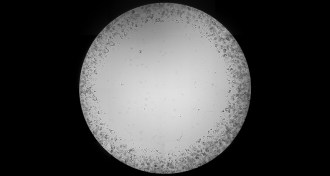 Health & Medicine
Health & MedicineTumor ‘organoids’ may speed cancer treatment
Growing mini tumors in a lab dish, researchers can screen compounds to find promising combinations for treating rare cancers.
-
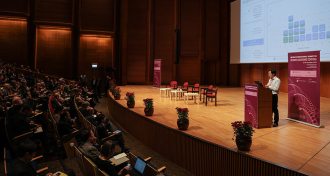 Genetics
GeneticsNews of the first gene-edited babies ignited a firestorm
A researcher in China announced he created two babies using CRISPR. Many scientists questioned the study’s ethics and medical necessity.
-
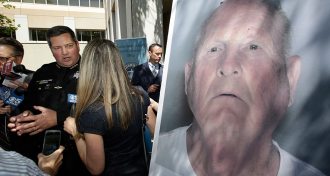 Genetics
GeneticsCrime solvers embraced genetic genealogy
DNA searches of a public genealogy database are closing cases and opening privacy concerns.
-
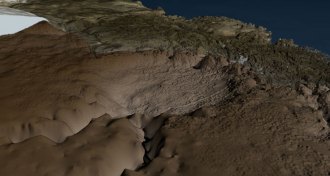 Earth
EarthGreenland crater renewed the debate over an ancient climate mystery
Scientists disagree on what a possible crater found under Greenland’s ice means for the Younger Dryas impact hypothesis.
-
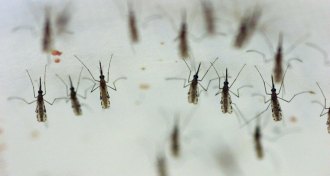 Animals
AnimalsHumans wiped out mosquitoes (in one small lab test)
An early lab test of exterminating a much-hated mosquito raises hopes, but is it really such a great idea?
By Susan Milius -
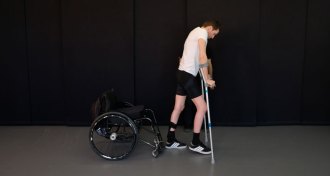 Neuroscience
NeuroscienceZapping the spinal cord helped paralyzed people learn to move again
A handful of people paralyzed from spinal cord injuries have learned to walk again.
-
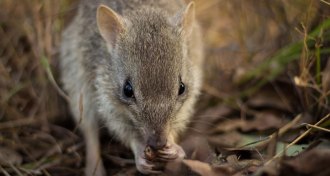 Animals
AnimalsEndangered northern bettongs aren’t picky truffle eaters
Without the northern bettong, the variety of Australia’s truffle-producing fungi could take a hit, a new study finds.
-
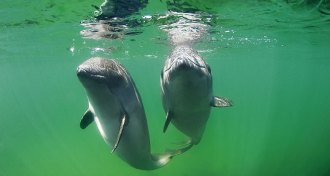 Animals
AnimalsCounting the breaths of wild porpoises reveals their revved-up metabolism
A new method tracks harbor porpoises’ breathing to collect rare information on the energy needs of the marine mammals.
By Susan Milius -
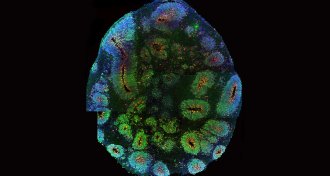 Neuroscience
NeuroscienceBig data reveals hints of how, when and where mental disorders start
The first wave of data from the PsychENCODE project holds new clues to how and when psychiatric diseases such as schizophrenia emerge.
-
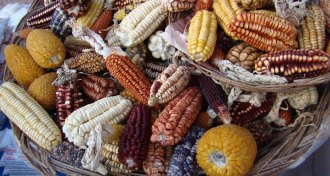 Archaeology
ArchaeologyCorn domestication took some unexpected twists and turns
A DNA study challenges the idea people fully tamed maize in Mexico before the plant spread.
By Bruce Bower -
 Neuroscience
NeuroscienceHere’s a rare way that an Alzheimer’s protein can spread
Amyloid-beta found in vials of growth hormone can move from brain to brain, a mouse study shows.